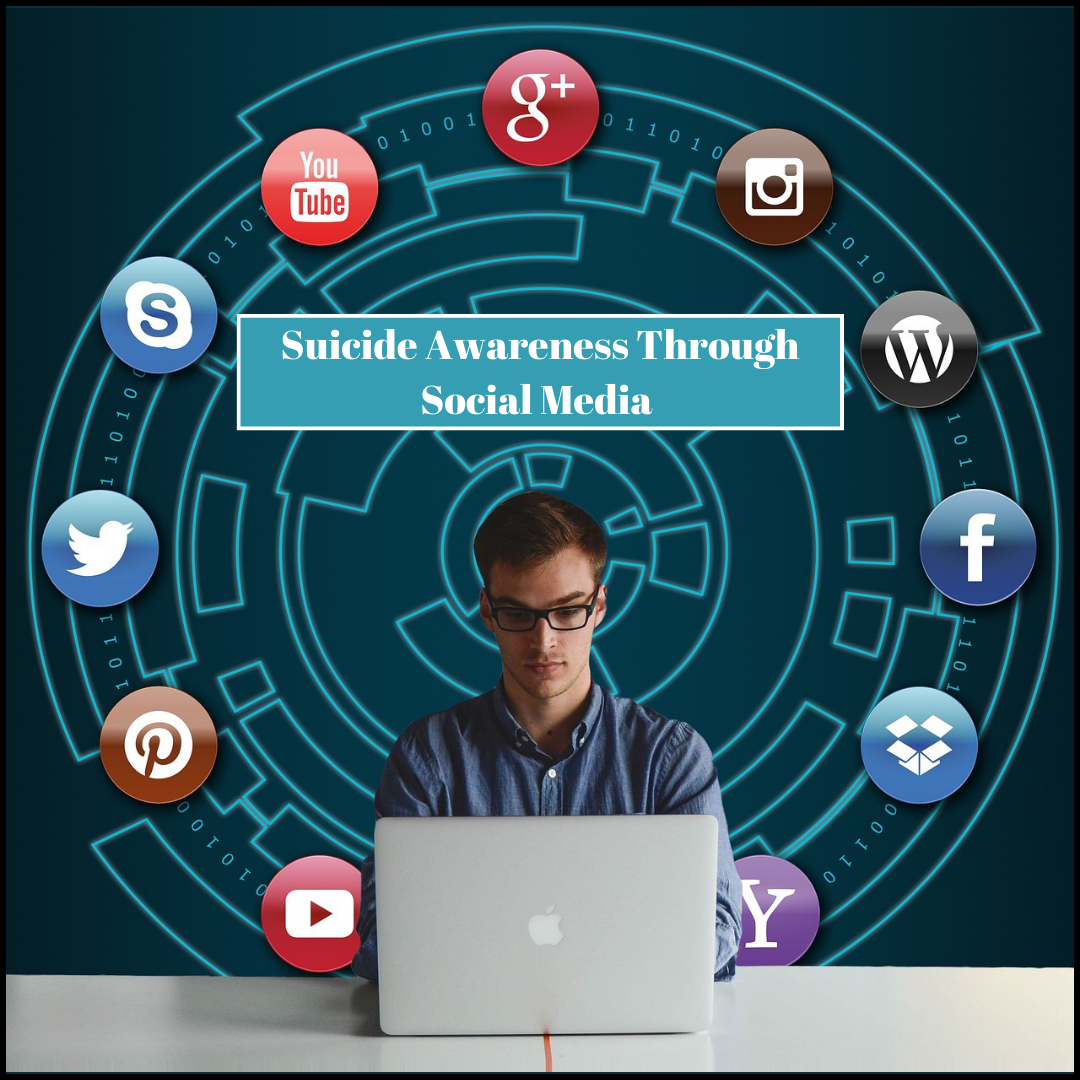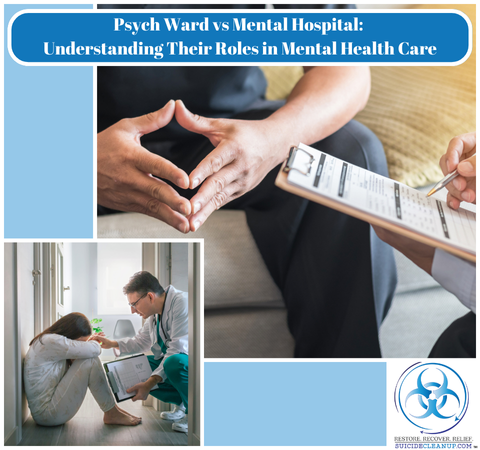
Coping with Emotional Trauma
September 18, 2023
Can Social Media Play A Role In Suicide Prevention And Awareness?
October 16, 2023Facing emotional trauma as the result of grieving a loved one is easily one of the top situations in life no one wants to go through. With it comes all the powerful, traumatic emotions involved in grieving. Depression, sadness, hopelessness, loneliness, rejection, guilt, and regret are all normal powerful expressions that you may expect from grief. When it’s a loved one, family member, or close friend, it can also affect you to see them struggle. Their healing and journey is their responsibility, however, thankfully there are things you can do to contend as a strong support system for them.
It’s important to first recognize the signs of a struggling loved one and know what’s normal and what’s not. Then, you can make the right decision to provide the right support for them appropriately.
Conquering grief involves a strong support system. That means you may have to be patient, caring, forgiving, and nonjudgemental at all times. Validate their experiences, emotions, and everything they’re going through to provide them with the support they need.
Positive Ways of Showing You Care
Always listen without judgment. Everyone processes these strong emotions and experiences differently. If you’ve lost a loved one and cried a lot, it doesn’t mean your friend doesn’t care if they don’t cry at all. Grief is a very personalized experience and not everyone can “look on the bright side” so don’t say any phrases that make it seem like these are simple matters.
What You Can Say to Help
Everything you are expected to say should focus on validating their experiences and mindset. Never dismiss or simplify the complex emotions they’re feeling. Remaining serious and even positive is good, just don’t ever make them feel like what they’re going through is unusual.
Examples of some of the positive things you can say include:
- “I’m so sorry for your loss.”
- “I’m here for you if you need anything.”
- “What happened is not fair.”
- “It’s okay to feel how you’re feeling.”
- “Your loved one is very missed and fondly remembered.”
You can also invite them to share memories or memorials of said person.
Other Things You Can Do
Keeping your loved one busy with activities that help their healing may help relieve some of the pain in the future. This could literally be as simple as inviting them to social events or your hobbies, maybe your weekly bingo game or volleyball game.
Early on, you can also offer to assist them with funeral arrangements, planning, and setting up memorials. Simply being a shoulder for them to lean on is sometimes all that’s expected from you.
You should check in with them periodically, both short term and long term. Consider sending them holiday cards and anniversary cards on the day they lost their loved one. Always give them the opportunity to share memories of the one that’s passed to remind them that they have your continued support.
When Greater Intervention is Needed
Unfortunately, sometimes the loss of a loved one can be so traumatic that it spurs a personality change. And since grief is highly personal, it can be difficult to detect when they need more than just your friendly support.
Any of the following signs may suggest a problem requiring the intervention of a grief counselor:
- Obsessive tendencies surrounding them or their memories
- Issues staying engaged or interested in activities that once excited them
- Extreme withdrawal (not seeing or hearing from your friend after a lengthy period of time)
- Physical illness following bouts of intense severe emotional distress
- The onset of substance abuse following their grief–marked by a sustained period of using substances
- A change of personality/behavior
Essentially, any of these signs are reasons to be concerned. In these cases, you’ll want to gently bring up the topic of counseling with your loved one.
In cases of traumatic loss, suicide cleanup companies help families handle the aftermath safely and respectfully.
Here are some additional resources that may be helpful to consider:
Psychology Today: When Does Grief Require Therapy?




